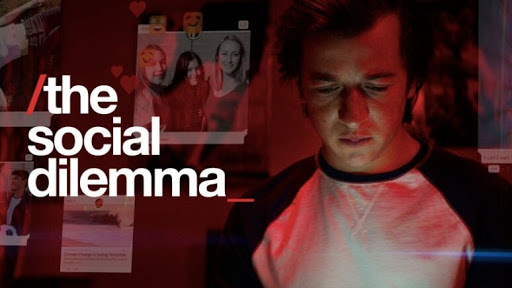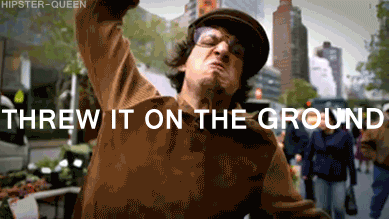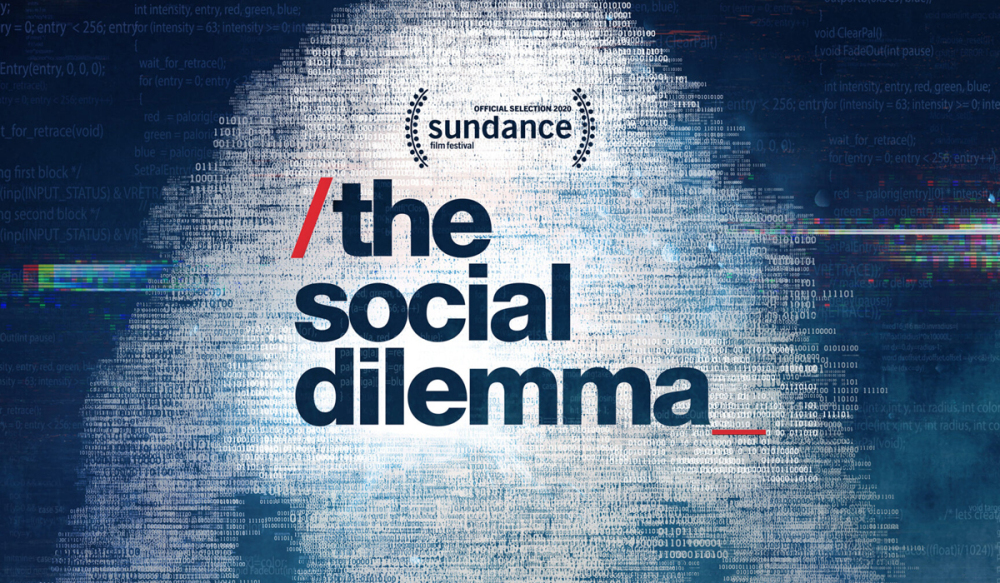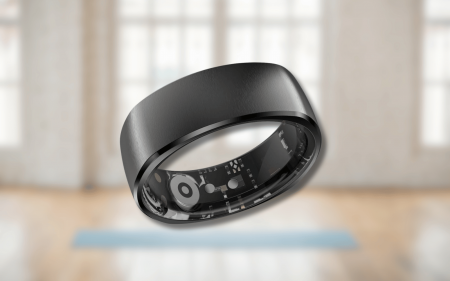Every person, online or not, should watch The Social Dilemma on Netflix. Hear me out.
How do you know you’re in the Matrix? And how do you unplug? The deeply dystopian cult classic movie from the 90s follows a man who chose to be released from the Matrix after getting a sneak peek of the outside world. A world which is… run by a super-intelligent robot that used human bodies as resources. I’ll get to a parallel soon, hang in there.
Before the prevalence of smartphones, which is a mere 10-or-so years ago, humanity had a pretty good grasp on our interaction with technology. You go to work, use a computer, choose what you click on (mostly) and go home. At home, you may or may not have had a desktop or laptop where you spend some time clicking away. But our connection to the techno-overlords was mostly linked to our access to a PC.
But then every. Second. Person. Started buying smartphones (thanks Apple). Smartphones post-iPhone 4 were highly desirable. They had great cameras, could seamlessly browse the internet, install any app you want and featured an intuitive user interface. What’s not to like? In no time, about 80% of the world’s population ran around with a digital tether in their pockets (Deloitte, 2020). A pretty significant statistic if you consider the time it took to become this prevalent.
That, in itself, isn’t crippling our current social construct. And in no way do smartphones cause all the problems I’ll touch on later on. But it has led to what we can now call The Social Dilemma (thank’s Netflix).
 What is The Social Dilemma?
What is The Social Dilemma?
Last week, Netflix released an hour-and-a-half-long documentary that takes a look at the inner workings of social media and software companies. They pull in some big names in the form of ex-VPs, execs, founders and creators of some tech corporations. You know, Google, Facebook, Apple and Pinterest to name a few.
It delves deep into the inner workings of social media and software that connects people in general. How do they function, how they track user date and certainly most importantly, how they make money.
 If Google or Facebook aren’t charging you to use their service, how do they cash in?
If Google or Facebook aren’t charging you to use their service, how do they cash in?
There has been a general consensus that they collect user data and sell it for money to advertisers. Which isn’t exactly the case — what actually happens is far more nuanced than that, incorporating complicated machine learning systems and big server farms. What they actually do with user data is far more devious. “If they’re not selling you a product, you are a product,” one of the cutscenes in the doc read.
Which is essentially why every social media user or person with an online presence need to watch the documentary.
Granted, it’s not the best piece of cinema ever. The documentary does feel a bit long-winded in some parts and it features some awkward B-tier reenactment. But, as my colleague Brad pointed out, since when do we watch documentaries for the production value anyway? In this case, just like a Romany Creams box, the content is far more valuable.
Following the documentary, I felt the need to disable all of my social media accounts. Unfortunately, that’s kind of out of the question when you’re a journalist. That’s like… our main source of news and current affairs. I also hit a snag when I realised that’s how we manage our business social media accounts.
Without going into too many spoilers, the end of the documentary hinted at more regulation and accountability for big tech. They need to step in and take responsibility for this monster they’ve created, right? Wrong. Every single person online need to take responsibility. Stop unlocking your phone just to check notifications. Set app usage limits with the newly implemented digital wellbeing features (in iOS 113 and Android 10 and up). Throw your phone in the Vaal River.
The onus is on you.




